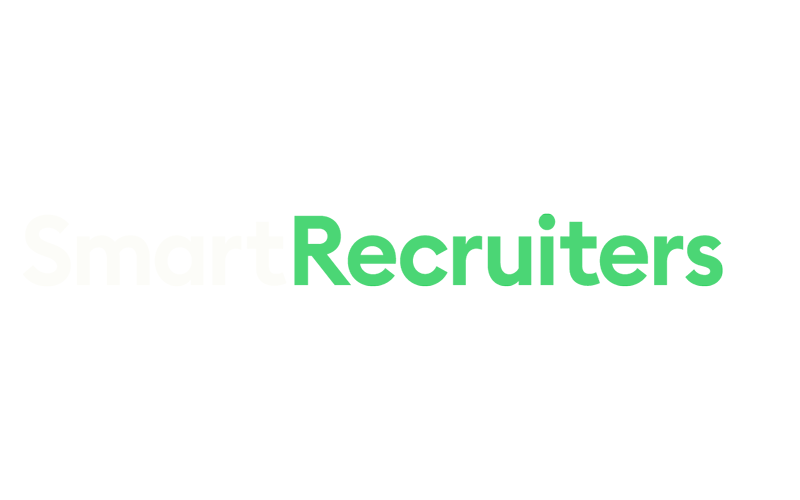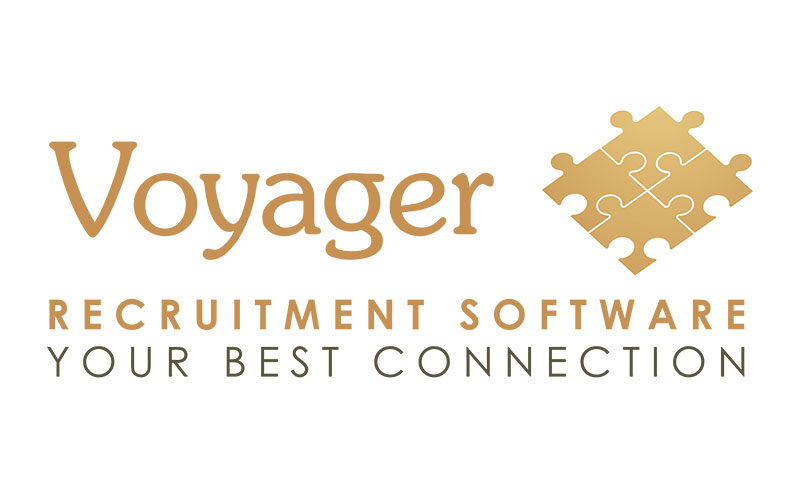Tech & Tools: January/February 2025

What tech-related trends will dominate 2025?
Andy Headworth, deputy director, talent acquisition, HM Revenue & Customs
AI autonomous agents in the recruitment process will start to remove many of the tasks recruiters do on a daily basis and allow them to focus on what they do best. This is more of a prediction but we will see new ATS entrants appear that use AI for the entire process and will shake up the SME/agency sector. They will be quick to deploy and quick to use. And there will be a need for recruiters to become adept at prompt engineering as their roles evolve in the AI world. From sourcing to content creation, to candidate engagement, recruiters will need to be able to use a wide AI prompting toolbox.
Wendy McDougall, CEO and founder, Firefish Software
With ChatGPT’s second birthday last month, we’re heading into a strange new world where employers use AI to write job descriptions, candidates use AI to tailor their CVs and employers then use AI to assess applications. The result? No one truly wins and it is becoming harder to judge a candidate based on a CV alone.
However, agencies that have spent the last two years leveraging AI to enrich their CRM, streamline manual processes and build a trusted network of verified candidates will thrive. Employers will turn to these smart agencies as reliable partners who can cut through the AI noise and deliver genuine value. For 2025, tech trends like AI-powered candidate sourcing, automation, a focus on skills certifications and integrated CRM/ATS systems will give savvy agencies an edge. My prediction for 2025: the best agencies will reclaim their status as trusted advisers, charging higher fees for their services, backed by a well-oiled, tech-enhanced operation driving both client satisfaction and profitability.
Thom Staight, general manager, global talent acquisition EMEA & Asia, Microsoft
You can probably answer this with one trend: AI. We have already seen a thousand AI-driven tools disrupting individual parts of the recruiting process. Next year will see more fully integrated platforms that actually infuse AI through the whole process in a coherent way. There are only a few vendors who have really got to grips with this so far, and even fewer who can do it at a corporate or enterprise scale. Next year will see more of the big enterprise recruiting teams transform through platform shifts.
AI will also have an impact on the ongoing division over skills. Becoming a skills-based organisation is extremely hard and requires a heavy lift across all HR, and a culture change from the whole company. AI is promising to make this easier; in 2025 we will start to see if it really works from talent management to recruiting.
We will also see really fast development in the candidate vs company use of AI; what this means for fairness, assessment, how recruiters jobs evolve. I am not going to try and predict what will happen, but it will be interesting to watch. I have a hunch that core recruiter skills in spotting, selling and assessing talent will become even more important and the process junkies who just push recruiting activity through the ATS will find themselves unable to add value.
Jacqui Harris, head of talent acquisition, Mission Mars
Over the next 12 months, I think the key trends in recruitment and talent management will definitely be the increase of AI-powered recruitment tools such as more use of automation in candidate screening, which we’re already seeing in our own applicant tracking system (ATS Talent Funnel). I believe the efficiency of tech and automation will enhance recruiters’ processes, by streamlining the hiring process and improving candidate to role matching, while automation will reduce bias, improving diversity & inclusion by ensuring more objective hiring. Another key trend that will impact recruitment and talent in the next 12 months is the growing focus on employee wellbeing and mental health. Certainly in an industry like hospitality, prioritising mental health through support programmes, flexible schedules and a positive work culture will be crucial in attracting and retaining talent.
Adrian Thomas, talent acquisition director, resourcing industry leader
Decision-making using data: TA professionals must not just become proficient in using data effectively, they must master it. In 2025, data is not just a tool; it’s the foundation of effective recruitment. The industry must move beyond traditional metrics like time-to-fill or cost-per-hire and dive into data and predictive analytics.
Strong labour market intelligence (LMI): understanding global and local labour market dynamics will be a game-changer. As economies adapt to shifts like remote work and automation, knowing where and how to target talent becomes critical. For example, identifying untapped talent in near geographies or adapting hiring strategies for specific industries based on understanding associated skills sets and implementing appropriate onboarding or training strategies will be essential. TA professionals will also need to keep pace with regulation changes, such as evolving labour laws or visa policies, and proactively adjust sourcing strategies. This requires staying attuned to both qualitative insights and hard data.
Proficiency with recruitment technology: from AI-powered CV screening to automated sourcing platforms, technology is revolutionising recruitment workflows. Recruiters must not only embrace these tools but also understand their limitations and ethical considerations. This includes using AI responsibly to reduce bias and consider where and when a human touch remains within the hiring process.
Matt Reeves, senior manager, talent acquisition, central functions, senior hiring, early careers, Philip Morris International
AI-generated CVs and platforms that auto-correct candidate applications and recommend which key words are added to their profile (to improve their chances of shortlist) will put a greater emphasis on the quality of internal assessment processes as candidates are presented that maybe have the skills on paper but not in person. There is an opportunity to increase the number of candidate referrals and leverage networks through technology by introducing job matching criteria that will recommend names from an employee’s external network and finally from a talent management perspective, organisations will become more advanced when mapping employee skills and performance to internal opportunities, with technology supporting succession planning to a larger degree.
Rebecca Foden, global early careers transformation leader, Join Talent
The rise of internal hiring: unlocking the hidden talent within. Companies are waking up to the value of the talent already within their walls. As experienced hire teams struggle to sift through endless AI-enhanced applications, tapping into the existing workforce will become inevitable. The pressure from hiring managers, who now expect access to all applications, will further push teams to prioritise and refine internal talent strategies and boundaries. Sending hundreds of AI-screened applications to managers simply will lose value and give rise to frustrations.
The shift to adopting proven practices across hiring teams: while experienced hire teams struggle with legacy systems, early-career teams excel by honing pre-existing skills-based hiring methods and scalable models. Executive hiring will expand in scope, as companies start to value the human-centered approach of high-touch recruitment. This will be an immediate trend to turn back the clock and get access to authentic candidates through human connectivity and relationships.
The rise of skills-based hiring: the most forward-thinking companies will recognise the long-term value of hiring based on potential and skills, rather than CVs that will finally fade out. We’ll see wider adoption of blind recruitment and strengths-based hiring processes, particularly by early-career teams. Traditional job titles will give way to skills-based frameworks, emphasising the abilities needed to perform tasks rather than specific qualifications. Recruiting teams will need to become more agile, human-centric and AI-empowered at the same time.
In brief
Track and navigate by voice

Gaia has launched voice-and-chat functionality as part of an update to its AI-powered GaiaAttract platform. It is designed to enable employers to navigate their recruitment processes with voice commands like Siri or Alexa. For instance, by asking “How’s my engineer campaign performing?”, employers gain access to a dashboard of metrics and KPIs.
Can AI companion eliminate admin?

SmartRecruiters has unveiled an AI-powered recruiting companion called Winston that claims to eliminate administrative tasks. It forms part of SmartRecruiters 3.0 vision, and its capabilities range from screening candidates and scheduling interviews to sending follow-up notes.
www.smartrecruiters.com/winston
Candidate portal streamlines onboarding

Voyager Infinity’s new Candidate Portal aims to increase efficiency in areas like onboarding, compliance and administration, especially in the temporary recruitment space. It claims to provide an 80% reduction in time spent on even a simple onboarding and it says in heavily compliance-led markets this figure can be even higher.
https://www.voyagersoftware.com/
Image credit | iStock
